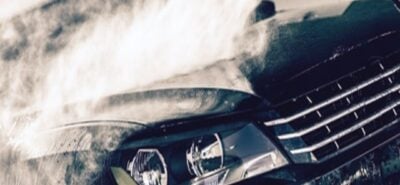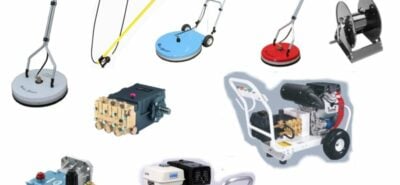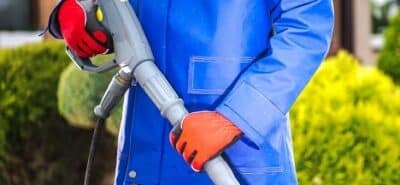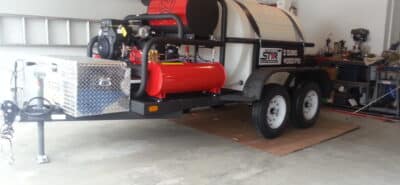How to choose a Power Washer
If you’re looking for a pressure washer but don’t know what to get, this simple guide will help you find what’s best for you. From chores to industrial use, you’ll know what to get and why, and know exactly what to expect. You’ll learn about pressure, cleaning power, and the strengths and weaknesses of electric versus petrol power washers. This quick guide will help you make an informed decision about what you need.
What is bar and ltr/hr?
Bar is a measurement of pressure and you’re probably familiar with it if you have any experience with plumbing, gas, or even something like a barbecue. One unit of bar is roughly equal to the average air pressure of the surface of the earth. Ltr/hr means liter per hour, and is a measurement of the volume of water used per hour. Bar and ltr/hr determine your cleaning power. Pressure washers provide higher cleaning power than a conventional hose because of their higher bar, despite having lower ltr/hr, which is a good thing because it saves water and money. Bar and ltr/hr vary by pressure washer, but generally consumer brand models mean ~90 to ~250 bar and 360 to 600 liters per hour. How much you need of either depends entirely on your needs, though for most personal and home usage lower pressure is probably better.
How Can I Control the Pressure?
Pressure is controlled by the angle of the nozzle of your power washer nozzle tip. Higher angles mean less power, and in general you need want a 45 degree nozzle or higher. This makes your pressure washer safer, and reduces the possibility of destroying whatever it is that you are cleaning. Anything below a 45 degree nozzle might be considered unsafe, and may cause property damage or bodily harm.
Electric versus Petrol Power Washers
The pressure in the washer comes from a motor. That motor can be powered either by petrol or electricity. Both petrol and electric washers have their strengths and weaknesses, so whichever is best for you depends on your needs.
Electric power washers can be quieter than their petrol counterparts and the motor only runs when you pull the trigger, making them more efficient. The ability to plug them in makes them a bit more convenient than having to stock petrol, but might present an electrical hazard if improperly used. When winterizing your pressure washer, or preparing your pressure washer for long periods of storage, you don’t have to worry about emptying the fuel from the washer or using chemicals to stabilize it. An electric power washer is great for personal and home use for washing windows and cars.
Petrol pressure washers are more powerful than electric power washers. They’re louder, and run constantly. Some have to be manually started. Fueling the petrol pressure washer adds another step in the process, and requires fuel as well as fuel stabilizer to use and maintain. The benefit of a petrol power washer is that they are generally stronger than electric washers. A petrol power washer is better for commercial or industrial work or hobbyists.



